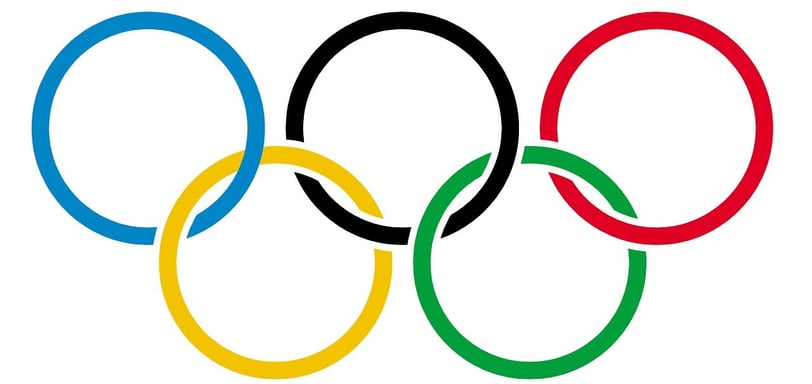Paris Celebrates the 2024 Summer Olympics
The 2024 Summer Olympics have opened in Paris, bringing the world's most celebrated sporting event back to the City of Lights for the third time. The Games, officially known as the Games of the XXXIII Olympiad, began on July 26 with a groundbreaking opening ceremony that set a new standard for Olympic pageantry.
SPORTSTOP STORIES


A Landmark Opening Ceremony
Breaking with tradition, the opening ceremony took place along the Seine River rather than inside a stadium. This innovative approach allowed for a larger, more inclusive audience, with an estimated half a million spectators lining the riverbanks. Athletes arrived on a flotilla of 160 boats, passing iconic Parisian landmarks like Notre-Dame and the Louvre. The ceremony culminated in a spectacular display at the Eiffel Tower, blending cultural celebration with cutting-edge technology.
This outdoor setting not only maximized public participation but also symbolized the Games' theme of openness and accessibility. The choice to host the ceremony along the Seine was part of a broader strategy to integrate the Games into the city's fabric, turning Paris itself into a stage for the world.
Iconic Venues and New Sporting Events
The Paris 2024 Olympics are utilizing some of the city's most historic and scenic locations. Roland Garros, known globally for the French Open, will host tennis and boxing events, while the iconic Champs de Mars, beneath the Eiffel Tower, will serve as the venue for beach volleyball. The Palace of Versailles, a site steeped in French history, will host equestrian events and the modern pentathlon, adding a touch of grandeur to the competitions.
In a bid to appeal to younger audiences, the Games have introduced new sports, including "breaking" (a form of breakdancing), surfing, skateboarding, and sport climbing. Breaking will make its Olympic debut in Paris, highlighting the IOC's commitment to modernizing the Games and reflecting urban culture. The surfing competition will be held in Tahiti, an island in French Polynesia, making it the farthest Olympic event ever held from the host city. This choice underscores the Games' spirit of innovation and global outreach.
Celebrating a Century of Olympic History
This edition of the Olympics is particularly significant as it marks 100 years since Paris last hosted the Games in 1924. The city first hosted the Olympics in 1900, a Games remembered for introducing female athletes and featuring unique events such as ballooning and underwater swimming. The centenary is being celebrated not just through the competitions but also through cultural events and exhibitions that highlight the rich history of the Olympics in France.
An Inclusive and Sustainable Games
Paris 2024 is setting new benchmarks for inclusivity and sustainability. For the first time, a public marathon will be held alongside the elite race, allowing amateur runners to experience the thrill of competing on an Olympic course. This initiative is part of a broader effort to involve the public and promote a culture of sports and physical activity.
Sustainability is a cornerstone of these Games, with a focus on minimizing the environmental impact. The Olympic Village is designed to be a model of eco-friendly living, with plans to convert it into sustainable housing post-Games. Energy for the event is being sourced from renewable resources, and public transportation is heavily promoted to reduce carbon emissions.
A Cultural Extravaganza
Beyond sports, the Paris 2024 Olympics are a celebration of French culture and the arts. The Games feature a series of cultural events, including exhibitions, concerts, and performances that showcase the best of French creativity and heritage. The emblem for these Games, a unity of the gold medal, the Olympic flame, and the image of Marianne (a symbol of the French Republic), reflects the Games' commitment to both tradition and innovation.
Looking Ahead
As the Paris 2024 Olympics continue, they are expected to leave a lasting legacy not just in sports but also in cultural integration, urban planning, and environmental sustainability. The Games are set to conclude on August 11, 2024, with a closing ceremony that promises to be as spectacular and innovative as the opening.
These Games are more than just a sporting event; they are a celebration of global unity, cultural heritage, and the potential for positive change. As athletes from around the world compete in the heart of Paris, the city once again becomes a global stage, embodying the Olympic spirit of excellence, friendship, and respect.
